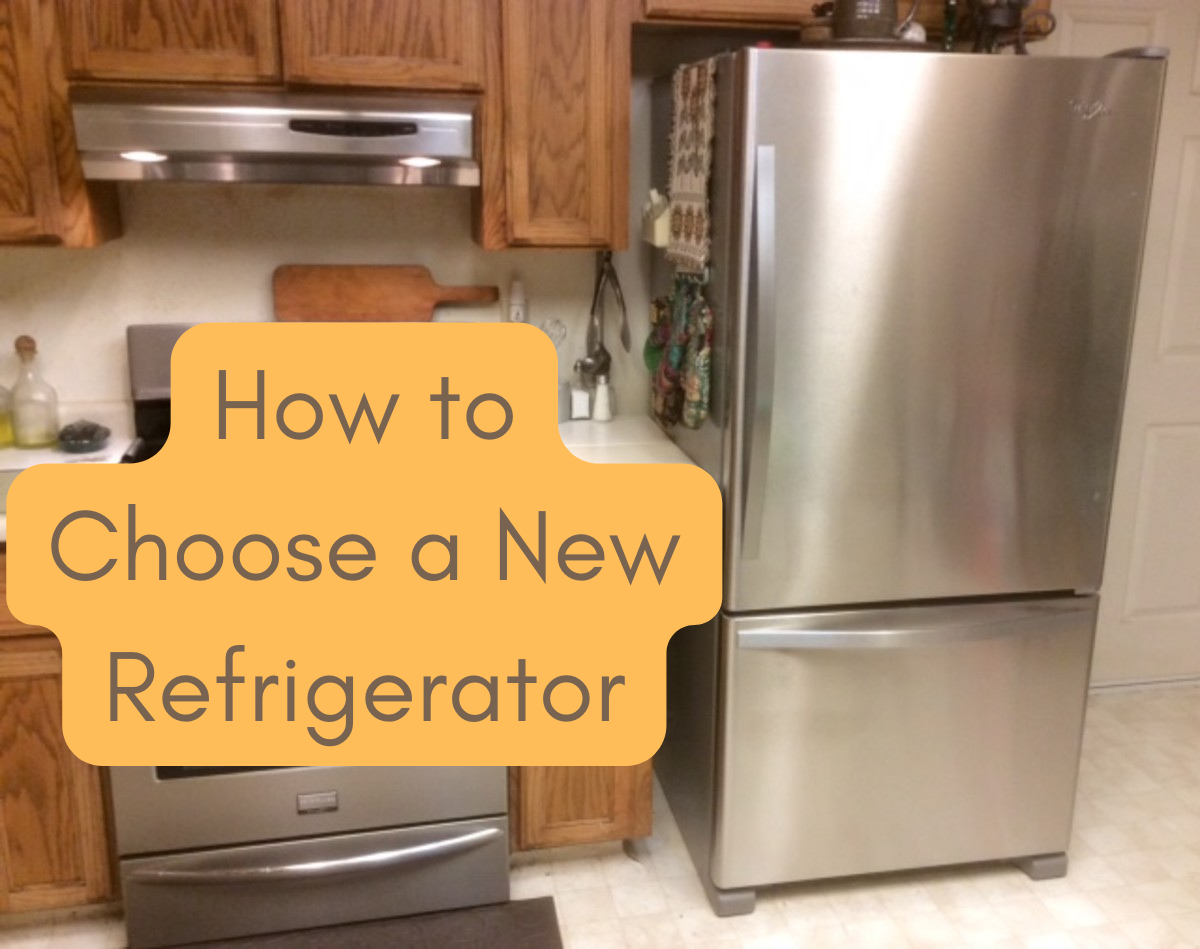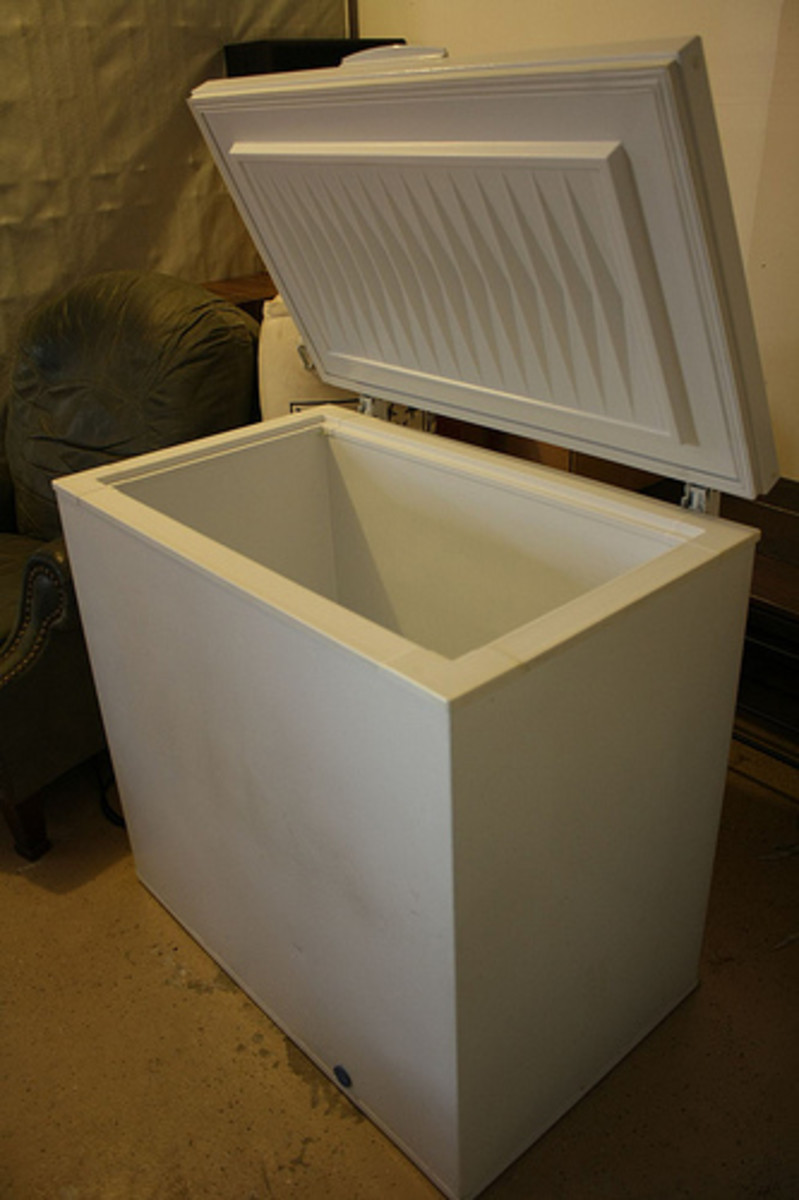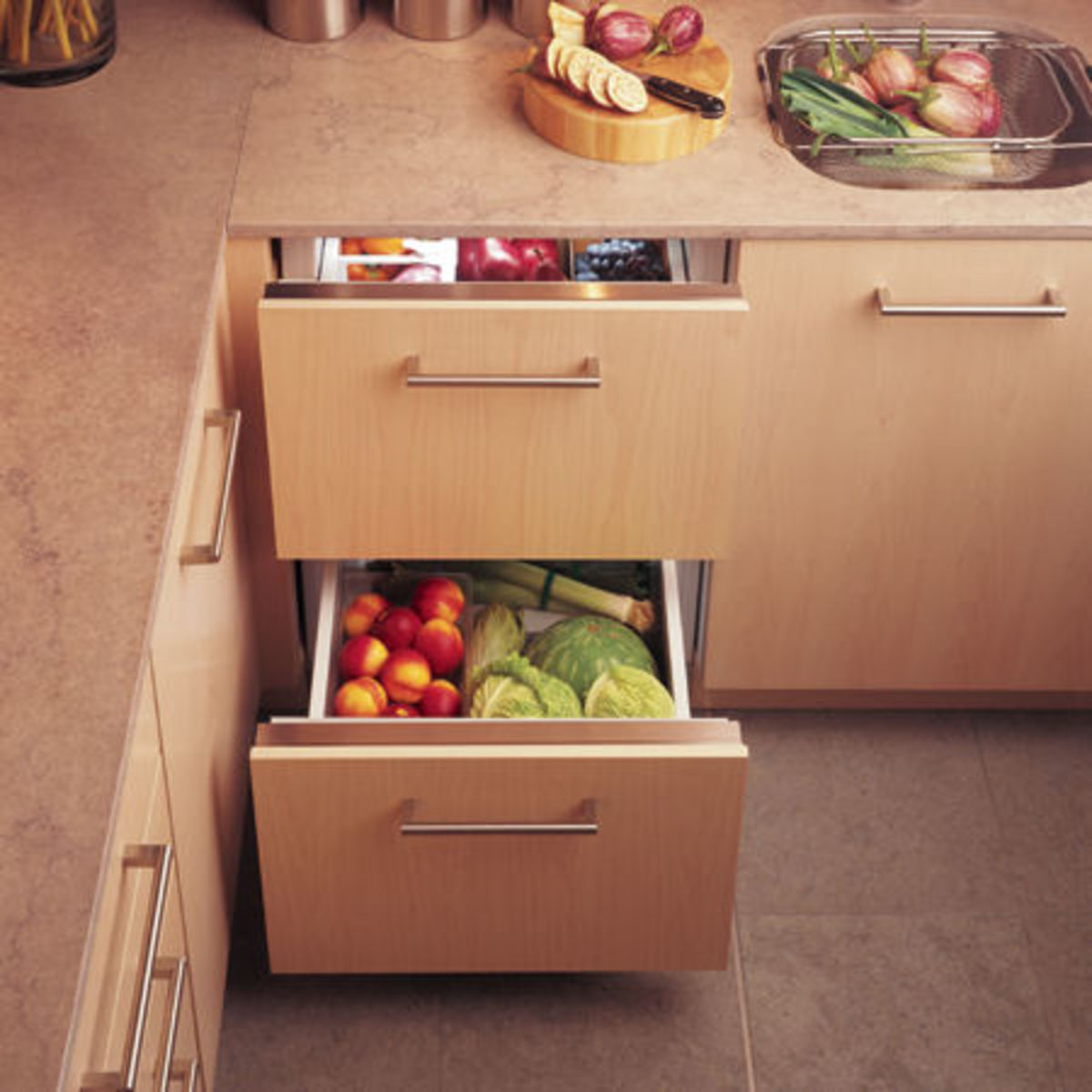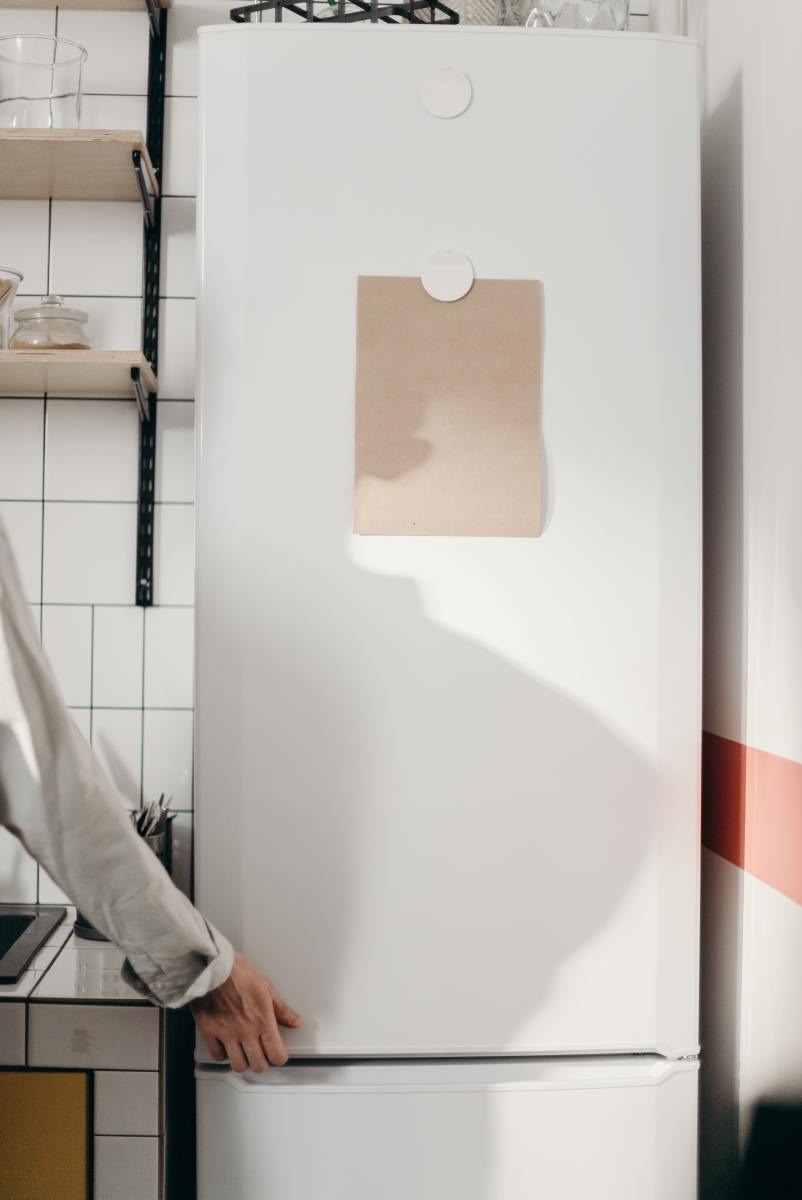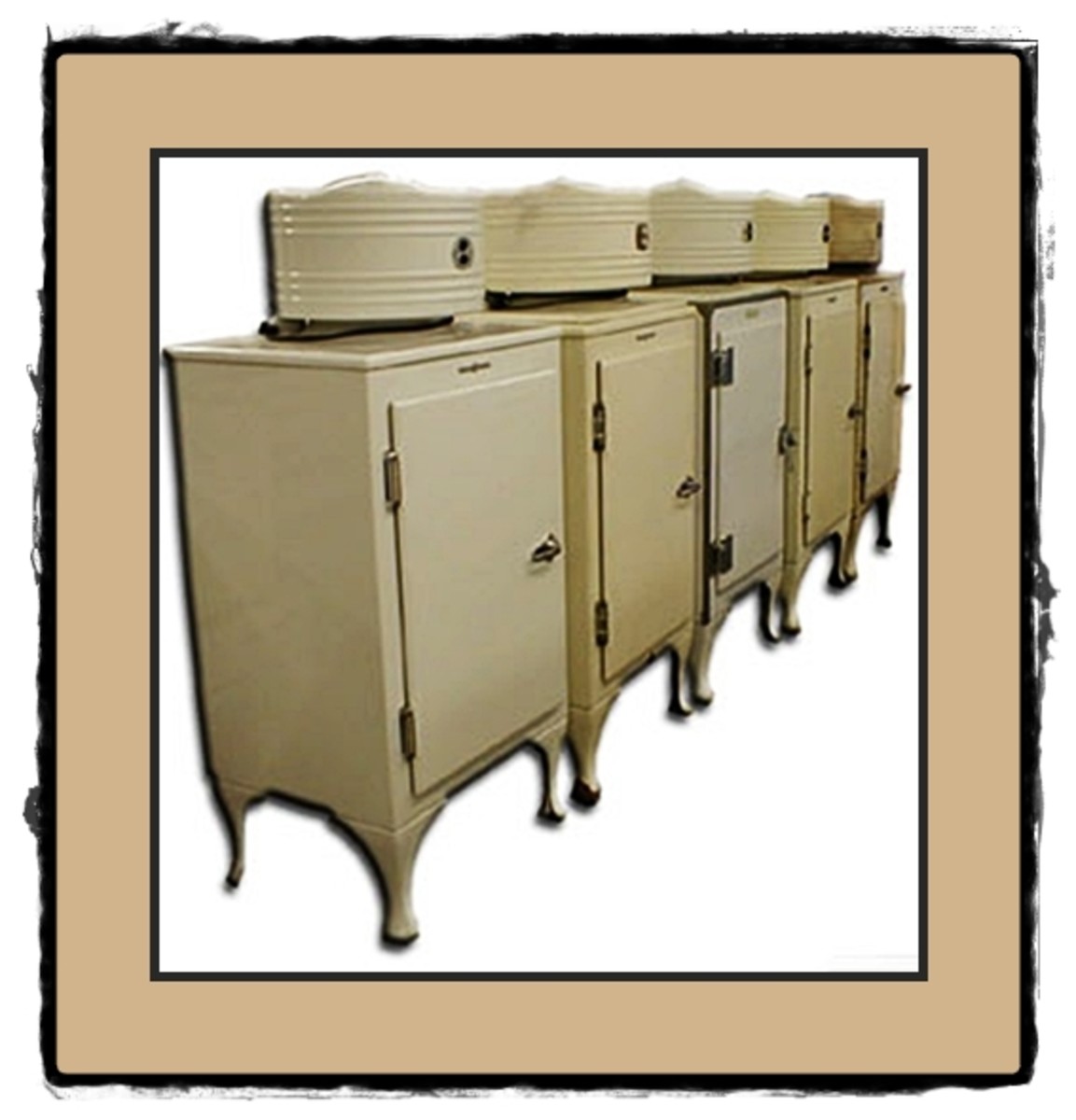- HubPages»
- Home and Garden»
- Home Appliances»
- Kitchen Appliances
How to make your refrigerator more efficient
Unplugged refrigerator!
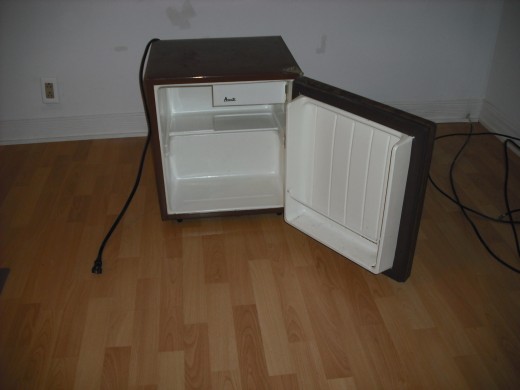
Life with no electricity!
The Refrigerator
You may already be aware that the refrigerator uses the most energy of any appliance in your kitchen. What you may not realize, is that next to air conditioning and heating units, it is the biggest energy hog in the house (Oink! Oink!). If you care about the environment, or want a way to save potentially hundreds of dollars a year, then this article will provide tips and choices you have with regard to your refrigerator and how to get it to run efficiently.
Go refrigerator-free!
The first choice is to simply unplug it! Yes, that's right. Just unplug it and throw it away, or give it to a homeless shelter, or some other place where alot people will use it at once (thereby increasing it's utility). It might seem hard to do that, but the truth of the matter is that for centuries people did just fine without them. It simply means getting less perishable food, and consuming whatever perishable food you do get before it spoils. You might learn a thing or two about canning, or using salt as a preservative. Most meat goes bad within 24 hours with out refrigeration. Many vegetables will last 2 or 3 days. It's easier to do in the city than in the country, because the store is closer. You can read more about other people who have chosen to go without a refrigerator here. From my own experience, it isn't that hard; mostly I just had to get to the store more frequently, and had to pay attention to what I was getting. It was easier in the winter, because I was able to place foods outside in a sealed container, and it would stay refrigerated out there.
You can see plans for a device that is used in the developing world to keep foods from spoiling here (it doesn't work very well or at all in humid climates). Another trick is to dig a hole in the ground and put a 55 gallon steel drum into it. That will keep the vegetables in good shape for many days (months for potatoes or apples), and you don't really need to eat meat, anyway, though it will extend it's shelf life by several hours. Thats because the temperature here will be at about 50 - 53 F constantly.
Getting the most out of your old refrigerator.
Most people will think my first suggestion impracticable, if not down right laughable. Hold on, I say, there is another way. And that is to make sure your own refrigerator is as efficient as possible. This begins with where it is placed. Put it in a cold part of the kitchen, or if you are really adventurous, into your basement (likely the coolest part of your house). By moving the refrigerator to the coolest area you cause it to have to turn on and off less frequently, thereby saving energy and money. Get it out of direct sunlight, and away from the dishwasher and stove for this reason also. Leave the refrigerator a couple of inches from the wall to allow for proper air circulation of the cooling unit there. If you end up moving it, now would be a good time to vacuum the coils on the back. The dust that collects there impedes the efficiency of the refrigerator, just as does frost build up in the freezer compartment. Those coils disperse the heat that is pumped out of the interior of the unit, and should be kept clean for maximum efficiency. This means at least once a year.
If there are unused portions of the refrigerator fill them with plastic gallon containers filled with cool water. The cold water provides additional cooling in the refrigerator, making it work less hard. Be certain that they are all covered with a lid, and that any other liquids or foods in there are also covered. Evaporation in the refrigerator causes it to work harder as well. The same goes for the freezer compartment as well, only don't fill those gallon jugs all the way up; but rather about two thirds full. They will help keep things cooler longer if the energy goes out, and will generally help your refrigerator work less hard. Just don't pack them in there top to bottom. Leave a reasonable amount of air for circulation in the unit as well. It's by circulating air that the unit works, after all.
Attend to the door gasket on your refrigerator. Is it stiff or worn out and not sealing properly? If so, then there is cold air leaking out of the refrigerator, and that makes it work harder. If cleaning the gasket doesn't get it to work right (you can tell if it's working well by closing the door on a dollar bill. If the bill pulls out without resistance, then the seal needs to be replaced) then you can contact the manufacturer and see if they can sell you a replacement gasket. Here are some ideas about how to install a new gasket on your refrigerator.
Check to see if you refrigerator has a power saver switch, and put it in winter mode to save money. Also, now is a good time to put the temperature in the refrigerator to between 38 - 42 F; and in the freezer to between 10 - 15 F. Use a spare thermometer, and not the built in one, to get a true temperature gauge.
If the unit you have has any bells and whistles (like an ice maker or cold water dispenser) either turn them off if possible, or if that's not an option, then don't use them. They waste energy like nobody's business!
Open the doors to the refrigerator and freezer infrequently, and for as short a time period as possible. Some models have a built in timer that can be set for 20 seconds. Just paying attention to the passage of time while you are at the fridge, can save you money every time you use it. Label leftovers clearly, face labels where you can read them easily, keep items in easy to reach areas according to the frequency with which you use them. Let leftovers cool some before putting them into the unit. If you just let them cool while you are eating, that will often be enough. Just be aware that bacteria growth will start when foods (especially meats) are left to cool too long. This can be mitigated by tightly sealing food in a clean (sterile) container before they cool down to room temperature (or there abouts), and then putting them in the refrigerator. Since the food is in a sterile container, there won't be any airborne bacteria getting in there.
If you want to go the extra mile with your old refrigerator, you can build an insulated freestanding cabinet for it to stay in. Just be certain to leave air around the coils so it can work properly. You can finish the outside with corkboard or shag carpet . . . check it out here.
I got most of the information for the efficiency tips part of the article from this site, and this one.
An option for commercial refrigerators.
If you have a commercial refrigeration unit (like the ones in grocery stores) you might be interested in finding out about the ecube. It can reduce the energy used by a refrigerator by 30%, and the mechanical wear and tear by 50%. If you are a dedicated do-it-yourselfer, you might be able to incorporate the design idea into your home refrigerator; it's mostly just wax! Check out the business here.
Did you learn anything by reading this article?
Deciding if it is time to get a new refrigerator.
As a general rule of thumb, a refrigerator has a lifespan of about 15 years. If yours is about this old or older, then it very well may make sense to get a new one.
You can find extensive information about what sort of refrigerator you can get here, as well as their energy consumption. A thing to bear in mind: if you get a smaller unit it may not be as efficient. However, if you don't use all the cubic feet of a larger one, it may be a better choice for you. That's because what you want to look at is the overall consumption of energy per year, rather than the ratio of energy to cubic feet cooled. If all you ever need is a 10 foot cubic refrigerator, then be sure to get one that's that size. The best models for energy efficiency and cost savings are the plain ones that do not make ice cubes or that have a cold water dispenser. Look for simple models without all the bells and whistles, and you be doing your pocket book and mother nature a favor.
If you do get a new refrigerator, be sure to use all the energy saving tricks listed above. That way, you'll get the most bang for your buck!
Conclusion
In conclusion, it is important to realize which of our appliances use the most energy and what we can do about it. While it may not be the most practical thing for you to completely give up your refrigerator, I hope that this article inspires you to consider making some changes with your refrigerator which will save you money and help you use less energy too.
If you liked this article, you may enjoy reading this one too:
Ten things you can do to reduce pollution in the environment.



